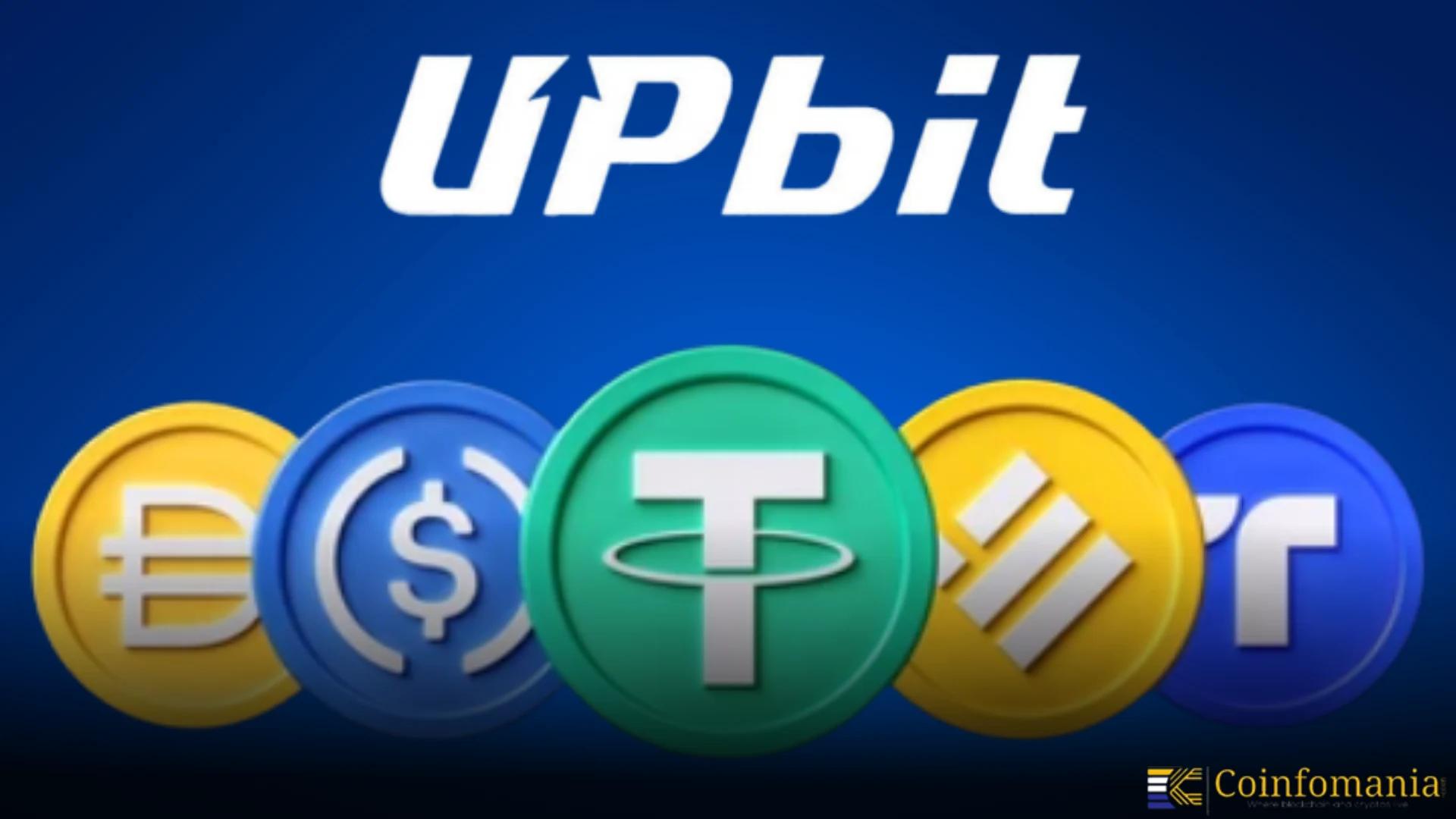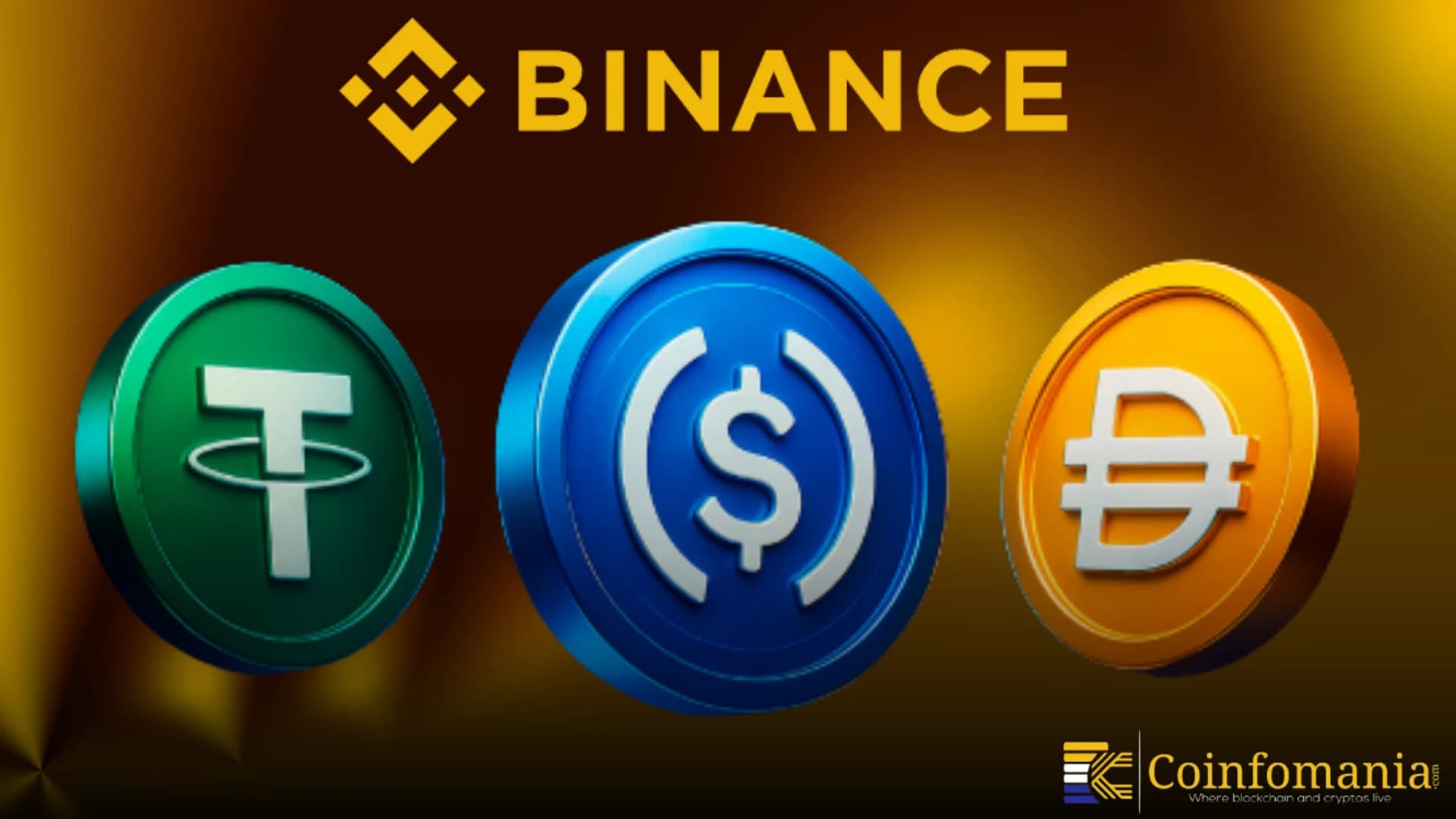Naver Broadens Scope In Upbit Acquisition And Stablecoin Plans
The Upbit acquisition makes Naver a leader in crypto innovation. Will its stablecoin entry disrupt Korea’s financial landscape?

Quick Take
Summary is AI generated, newsroom reviewed.
Naver completes the Upbit acquisition, becoming South Korea’s major crypto exchange player.
Deal structured as a stock swap, integrating Dunamu fully under Naver.
The Upbit acquisition positions Naver to enter South Korea’s growing stablecoin market.
Combined Naver and Upbit ecosystem aims to enhance digital finance services.
Future plans include a won‑pegged stablecoin and broader regional blockchain expansion.
Major development in South Korea’s tech industry. Naver, the country’s leading portal platform, is buying Dunamu, the company behind Upbit, via a significant stock swap arrangement. With this, Dunamu becomes a wholly owned subsidiary of Naver. The Upbit acquisition is a bold play that certainly raises the stakes in the region’s digital finance sector.
Naver is gearing up to dive into the stablecoin market. They’re tapping into their huge user base and making the most of Upbit’s solid crypto setup. Honestly, this shows how ambitious Naver is about broadening its footprint in digital payments, blockchain tech, and the fintech scene.
Upbit Acquisition Strengthens Naver Crypto Leadership
Naver Financial and Dunamu have come together for a significant stock swap. So, what’s happening is that Dunamu’s shareholders will trade their shares and, in return, become shareholders of Naver Financial. Looks like Dunamu is getting ready to become a full subsidiary; pretty significant change, right? And speaking of changes, Naver has brought up that they’re beginning to look into them. These include governance integration, stablecoin initiatives, and even the trading of unlisted stocks.
Will Naver Integration Boost Crypto User Base?
So, with the Upbit acquisition, Naver, Korea’s top crypto exchange, is now part of its growing ecosystem. Pretty interesting, right? This move gives Naver the opportunity to utilize Upbit’s infrastructure, impressive trading volume, and active user base.
Conversely, Naver’s vast network and financial resources are made available to Dunamu, the company that runs Upbit. So, that means they can roll out new financial products more smoothly. Some people are suggesting that this partnership might lead to the creation of a “super app.” The app that combines payments, crypto, and content all in one place.
Can Naver Stablecoin Strategy Disrupt Traditional Finance?
Naver and Dunamu are getting together to launch a won-pegged stablecoin, aiming to gain popularity in Korea’s stablecoin market. It’s likely that Naver Pay had already hinted at this partnership back in July.
Now, the backbone of this stablecoin is going to be Dunamu’s GIWA Chain. So, this is a Web3 setup complete with KYC and AML features. Pretty smart, right? This move puts them in a good spot to branch out beyond Korea and tap into regional finance.
Looking down the road, they’re hoping to tackle that pesky “kimchi premium.” How? By making it easy to convert on-chain using their local stablecoin. If the regulations are good, Naver could truly broaden access to crypto services. Additionally, it will be expanding into tokenized assets, payments, lending, and even more inclusive finance options.
Upbit Acquisition Redefines Naver Fintech Ambitions
So, with Naver’s Upbit acquisition, they’re changing the game. They are stepping up as a serious player in the fintech world. Thus, it’s interesting how the stock swap works, ensuring that Dunamu perfectly fits Naver’s framework with minimal interruption. And also, their move into the stablecoin market seems well-timed, especially with Korea expanding its regulations and individuals gaining an interest in crypto.
Thus, if their strategy is right, combining Naver’s user base with Upbit’s trading platform could transform digital finance in Korea. But, honestly, it all comes down to a few key factors. Those factors include the need for clear regulations, solid tech integration, and, of course, market trust.
Follow us on Google News
Get the latest crypto insights and updates.


